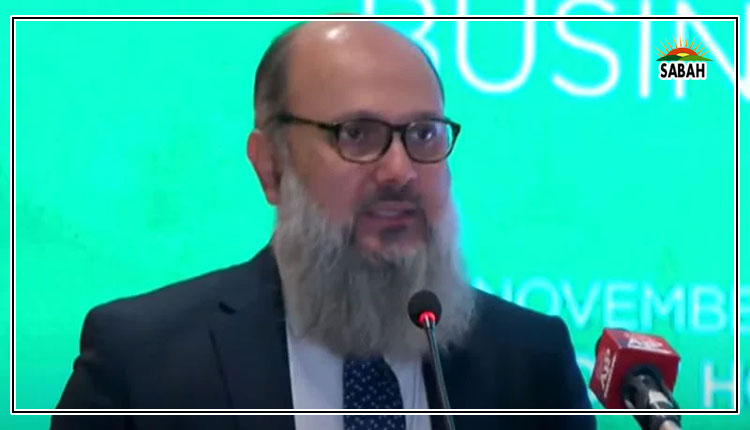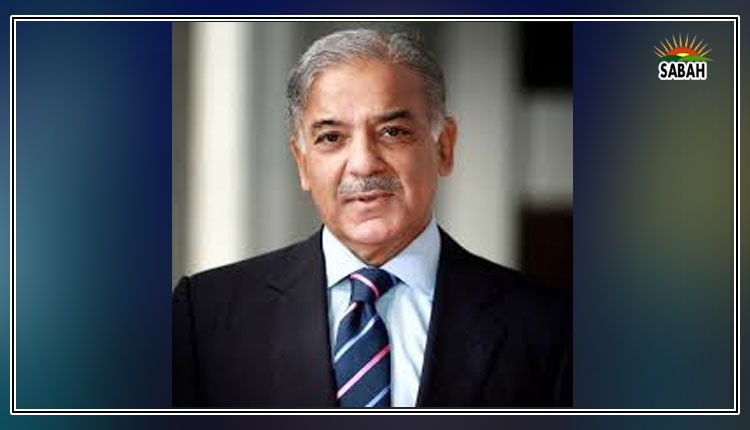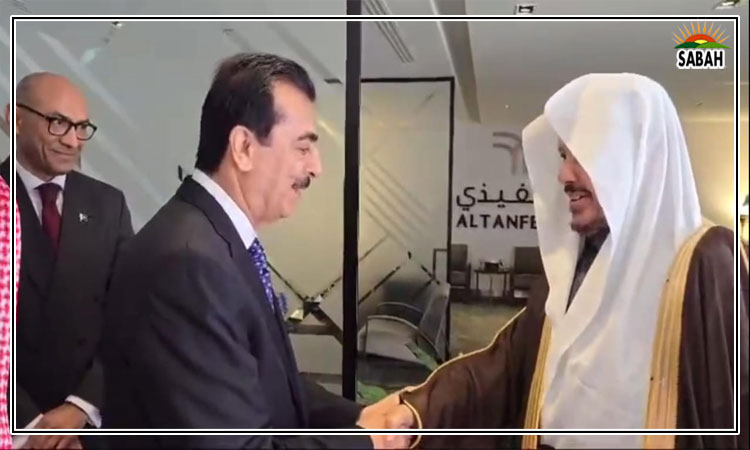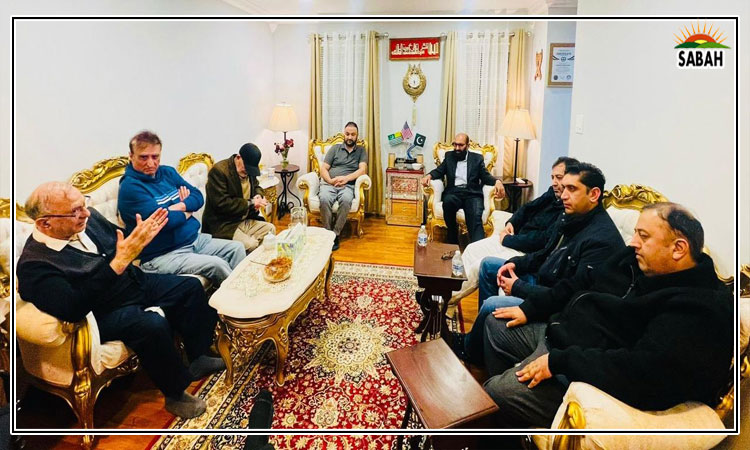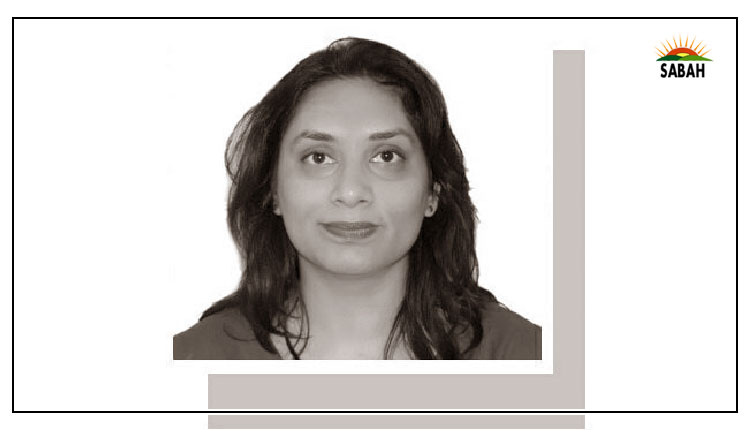Think again…Bina Shah
I RECENTLY attended a book hour at the neuroscience institute Synapse, where participants discussed the book Think Again: The Power of Knowing What You Dont Know by Adam Grant. The organisational psychologist posits that intelligence may be one of a human beings greatest strengths, but its more important to be able to second-guess, to rethink, to unlearn what one already knows and relearn. This flexibility and openness of thinking is, according to Grant, the single-most important factor for individual, interpersonal and collective success.
Grant outlines four distinct types of thinkers: preachers, prosecutors, politicians, and scientists. This doesnt refer to their professions, but to their style of thinking. Preachers think their theories are gospel, and that its sacrilegious to question or critique them. Prosecutors spend their time attacking and interrogating the beliefs of other people. Politicians form their ideas and beliefs based on how popular those views will be with other people.
Then there is the scientist: someone who, instead of forming an opinion set in stone, creates a hypothesis, tests it, looks for evidence to support it, and isnt afraid to change their thinking if they discover theyre wrong. This requires intellectual humility, not letting your ideas evolve into ideologies, teaching from evidence rather than preaching or politicking on intuition, and being willing not just to doubt and question others but yourself too. Logic and data should drive your opinions, resulting in decisions that lead to more successful outcomes.
Grant gives an elegant example of the power of individual rethinking from the tech industry. The inability of Blackberry inventor Mike Lazaridis to revisit his opinions about keyboards vs touchscreens sank the company; in contrast, Steve Jobs gift for changing his mind about turning the iPod into the iPhone ensured the stratospheric success of Apple as a tech giant. When people are resistant to change, it helps to reinforce what will stay the same.
Doubt can be very scary to people who arent used to anything other than certainty.
Biases and blind spots are another impediment to relearning outdated beliefs. In Iceland, Halla Tomasdottir, an extremely competent businesswoman, almost talked herself out of running for Icelands presidency because she felt like an imposter she was blind to her own strengths. David Oddson, Icelands prime minister from 1991 to 2004, had no training in economics or finance, but privatised Icelands banks and disbanded the National Economic Institute. Icelands economy crashed and went completely bankrupt in 2008, in no small part because Oddson was blind to his own ignorance. Grant calls this getting stuck on Mount Stupid. Confident humility is the only antidote.
Grant says that changing your mind about an erroneous belief doesnt make you a flip-flopper or a hypocrite; it illustrates that you are open to learning. However, the best way of persuading someone to change their mind involves the concept of motivational interviewing: you ask someone open-ended questions, engage in reflective listening, and affirm their ability and desire to change. In this way, you lead a person to self-discovery. This is how vaccine whisperers in Quebec were able to convince people to have their kids vaccinated against measles, when all the scientific data in the world couldnt make them rethink their beliefs.
Beyond individuals, Grant is interested in building communities of lifelong learners. This can have far-reaching effects in politics, where people can reach consensus on many volatile issues if made to think about the complexities rather than the binaries of ones beliefs. Climate change is one of those areas in which people take black-or-white stances, but a more nuanced approach in presenting them with the scientific evidence will result in less polarisation, more cooperation and effective decisions that could help save the planet.
Where its critical to foster lifelong learners is among students. False scientific beliefs need to be challenged in elementary school. Its too late when theyre teenagers or older. Kids, argues Grant, need frequent practice at unlearning. In other disciplines like history or politics, whats right is less important than whether a student can understand different viewpoints and argue effectively about them. This gives children the skill to evaluate ideas, beliefs and events by looking for evidence and rejecting false claims based on proof rather than hearsay or passionate opinion.
Adam Grants theories might sound frightening to many Pakistanis, who pride themselves on their solid values and unshakeable beliefs; who think its of utmost importance to know right from wrong, and who think that blind faith is better than scientific inquiry or scepticism. Doubt can be very scary to people who arent used to anything other than certainty. But could it be that these very traits are what make us so inflexible as a nation? Is it that because we refuse to rethink, or think again, were unable to generate new solutions to old problems and revisit old solutions to new problems? And what would happen if we actually learned to let go of knowledge and opinions that are not serving us anymore?
In fact, Pakistanis fit into what Grant calls an idea cult. This is where groups stir up a bunch of oversimplified intellectual Kool-Aid and recruit followers to serve it widely. Their pet concept beliefs about identity, religion, politics, gender relations, and everything else is preached non-stop. Anyone who dares question any of those beliefs is prosecuted or lynched, like Mashal Khan.
Right now, too many in our country think like preachers, prosecutors and politicians, and not enough of us think like scientists. As Grant says, Our identities are open systems and so are our lives. Learning how to unlearn, and to rethink, may be the path to liberation for us both as individuals and as a nation. In a country that is becoming increasingly polarised, lets not be too scared to climb down from Mount Stupid.
Courtesy Dawn



